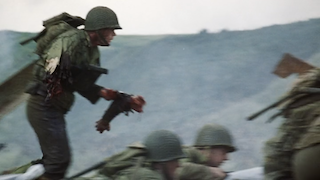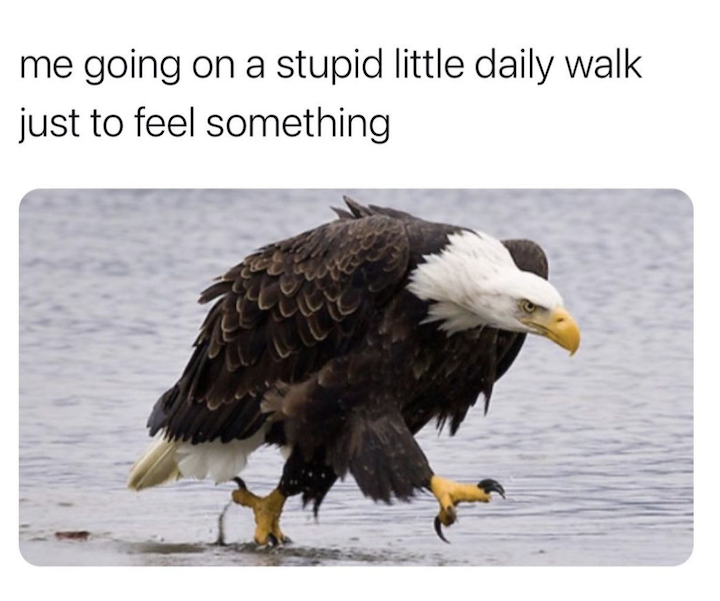When A. died last week, it marked precisely 6 months since we learned something was wrong. And about two weeks later, the pathology returned, and our lives were completely upended. That day, in that hospital room, will forever live inside my mind. Psychologists call them flashbulb memories, and if I choose to perseverate on that day, it feels like yesterday. In the days, weeks, and months following, my life would frequently feel as if it were in suspended animation. A macabre existence. A slow nightmare. The feeling of being slowly buried by boulders. My therapist told me I began grieving that day. And while I’m still grieving, it isn’t a persistent fog like it used to be. There are plenty of moments when the clouds break, and I can breathe, easier. Bursts of happiness sometime come through. And other times, and without warning, the totality of the last six months crushes me like an anvil. And sometimes, I’ll freeze in pain as the naked realization of never seeing her face again descends over everything. And when this happens, I try to be mindful of the experience. The grief, the loss, the pain, the sadness— these are all valid emotions, and there’s no need to fear them. All our emotions exist on a spectrum, a plane where they all have equal footing. Some years ago, a meditation instructor told me that happiness is not life. Happiness is an emotion that ebbs and flows with our life experiences. And living in the West, we view the other side of happiness as something negative. Something that should be treated as an infection. And while I 100% support the use of medications in treating mental illness, I believe they are overused and seen by some as a magic pill. As if to say, I take this, and pharmacology does the rest. Unfortunately, that isn’t the case. So I embrace the sadness. I welcome the tears. And I try to experience that emotion fully and unrestrained.
So what does the road back look like? It’s impossible to say, but what I can do is be proactive in self-care to promote mental wellness and resiliency. During the last six months, all my self-care activities were significantly reduced or rubbed away entirely by the stress of it all. Hiking. Yoga. Meditation. Walking. Kettlebells. Intermittent fasting. All of it in total disarray. But that changed yesterday. I invested in a Peloton bike and intend to use it as my primary focus of personal fitness and self-care. I rode for 50 minutes and felt rejuvenated afterward, as if I threw off some of those boulders and reclaimed a piece — but just a fraction — of my life. Day by day, I hope to recover a little more of myself.
Six days after A. died, I moved out. She died there. It was supposed to be “our home.” Leaving the oppressive nature of that home was paramount. I’m so grateful for my uncle and his wife, who flew here to help me with packing. I’m thankful for having the financial resources to move so quickly. Despite the pain of losing A., I’ve found so much for which to be grateful. And while the new normal feels awkward and sometimes sad, I’m focused on the ride back. Piece by piece. Moment by moment.


